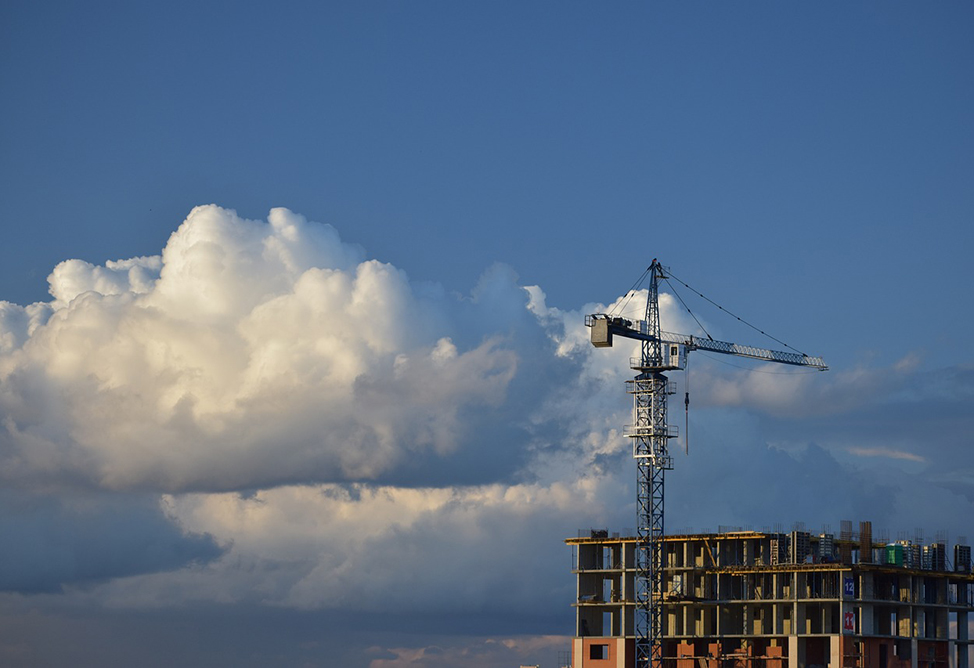No reduction in property tax: Armenian government rejects the project

YEREVAN, March 13. /ARКА/. At a meeting on Thursday, the Armenian government rejected a bill to cancel amendments to the Tax Code, which would increase the real estate tax by 25% starting in 2026.
The corresponding legislative initiative was previously put forward by the opposition parliamentary faction "Armenia."
Armenian Finance Minister Vahe Hovhannisyan noted that the government opposed this bill because, before the amendments were introduced, the tax was calculated based on the cadastral value, which significantly differed from the market value.
He pointed out that before the introduction of the new system, the tax potential of real estate under the new system was estimated at 0.2% of GDP, which, according to him, is much lower than in other countries, where this figure reaches 1-3%. Moreover, Hovhannisyan stated that once the amendments take effect, this figure will increase to 0.35%, still lower than in other countries.
The minister also added that for more than 85% of Armenia's housing stock, the increase in the tax burden during the entire transition period will total up to 20,000 drams per year.
As a result of the discussions, the faction's proposal was rejected.
The essence of the new tax
On June 25, 2020, the Armenian parliament approved amendments to the Tax Code, introducing an updated mechanism for property taxation.
The amendments removed the tax-exempt threshold of 3 million drams, bringing an additional 560,000 housing units under taxation. The property tax will now be calculated based on a value closer to the real market price, rather than the cadastral value.
The changes are being implemented gradually over 6 years: in 2021, the population paid 25% of the tax; in 2022, 30%; in 2023, 35%; in 2024, 50%; in 2025, citizens will be required to pay 75%; and in 2026, they will pay 100% of the tax calculated using the new method.



